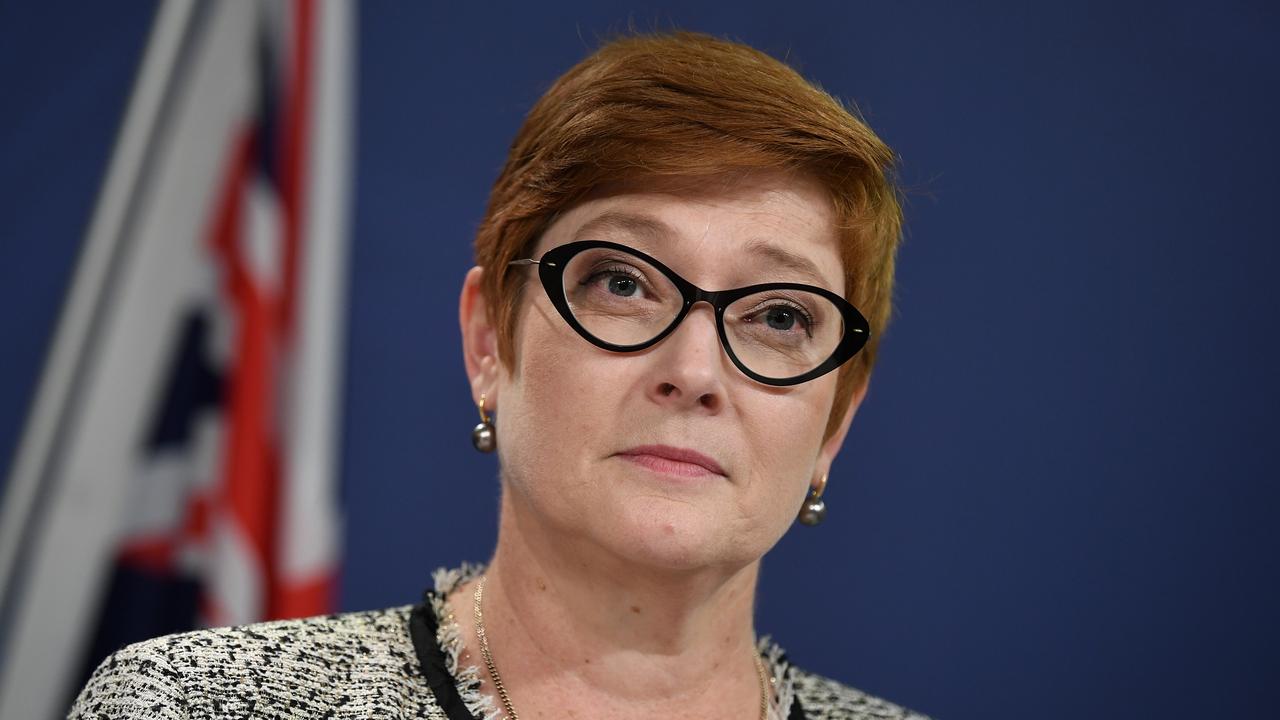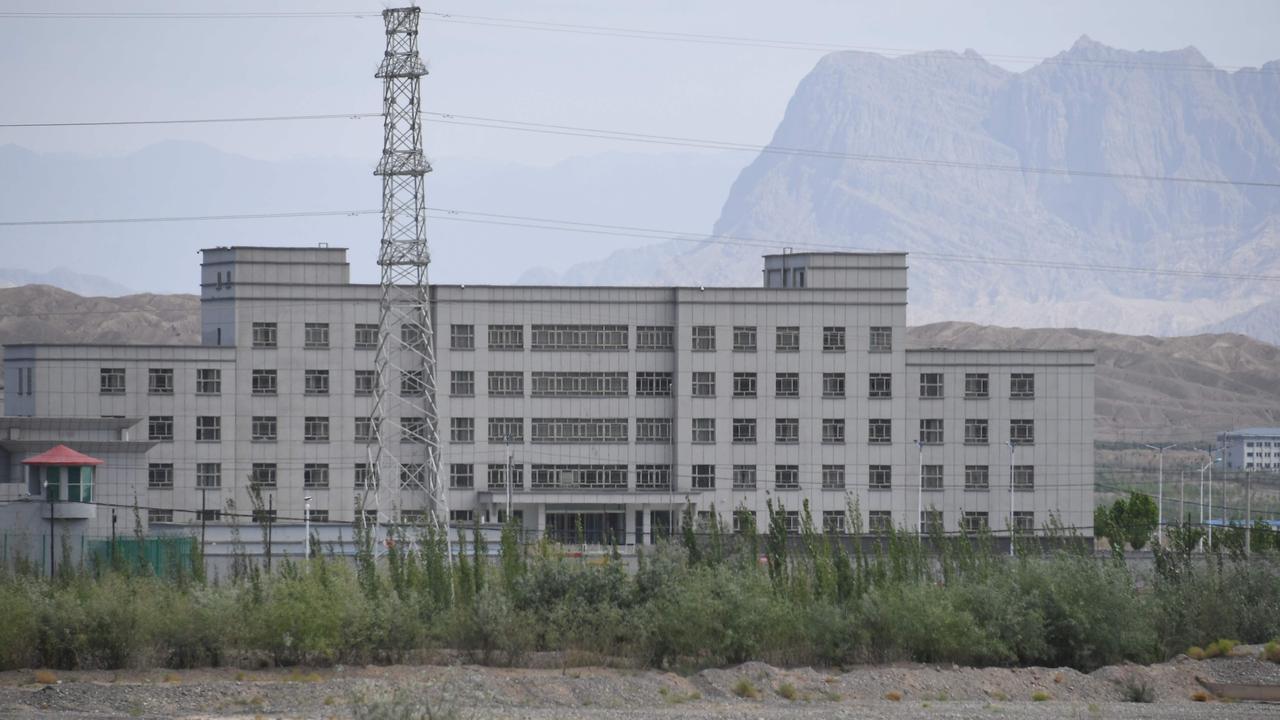China’s state media slams Australia and other countries over criticism of its treatment of Uighurs
The Chinese Government has once again taken aim at Australia, slamming Canberra for criticising one of its most controversial policies.
China has lashed out at Australia and several other countries over their joint criticism of the rising superpower’s treatment of its minority Uighurs in Xinjiang.
Australia was among 22 nations including Japan, New Zealand, Canada and countries across Europe that signed a letter to the UN Human Rights Council criticising Beijing’s treatment of Uighurs in the northwest region.
The letter calls on the Chinese Government to “end its mass arbitrary detentions and related violations against Muslims in the Xinjiang region”.
Foreign Minister Marise Payne said Australia remained “deeply concerned” about China’s treatment of the Uighur people and the reports of detention facilities in which they are housed.
“Those concerns have been raised with China regularly including by me directly in my visit last year,” she told ABC radio.
“A letter was signed to the president of the Human Rights Council and the UN high commissioner for human rights a week or so ago — we were one of 22 signatories to that letter — and I think what that reflects is an increasing international focus on the developments in Xinjiang.”

China’s Foreign Ministry spokesman Geng Shuang hit back at the letter in a statement. He accused the signatories of having “wantonly criticised and smeared China in total disregard for the truth” and said by “blatantly politicising the issue of human rights, they have grossly interfered in China’s internal affairs”.
The state-owned Global Times newspaper echoed his criticisms, accusing the 22 countries of “recklessly attacking” Beijing over Xinjiang and “smearing” the centres and saying they “refuse to accept a diversified world”.
“The West should do some self-examination for being exclusive and setting themselves against vast number of developing countries,” the editorial said, adding “these countries are making themselves unwelcome if they act as China’s teacher and force China to do things”.

It comes as the outlet has pushed a campaign attempting to portray Xinjiang as a harmonious city.
Called “Exploring A Real Xinjiang”, the “special coverage” section hails the region as “improved” and “stable” since the Urumqi riots of 2009, with photos of residents dancing in public squares and embracing their local culture.
It dismisses Western media reports of more than a million Uighurs in detention camps as “exaggerated reports” and “fake news”, accusing the West of “double standards”.
At the same time, the Chinese Government is opening up its re-education camps to the Western media, allowing journalists to film inside and speak to workers and detainees for the first time.
Last month, the BBC was given access into the camps with a camera crew, where journalists were shown classrooms where people smile, sing and dance, take part in painting classes, improve their reading and writing in Mandarin and play tennis on the courts outside.
But inconsistencies soon became obvious. For example, satellite images show the sporting facilities were recently just large concrete slabs; their transformation coinciding with the media arrivals.
Satellite images also revealed parts of the camp were initially boxed in with barbed wire and watchtowers, which were removed before the journalists visited.
Chinese officials continue to deny the camps are a crackdown on the country’s Muslim ethnic groups.
In May, Chinese ambassador to Kazakhstan, Zhang Xiao, denied any wrongdoing by Beijing, rejecting the allegations as “false information”.
“The situation there is stable and normal. Measures conducted in Xinjiang are exclusively about fighting against radicalism and extremism and have nothing to do with Kazakhstan,” Mr Zhang told reporters.



